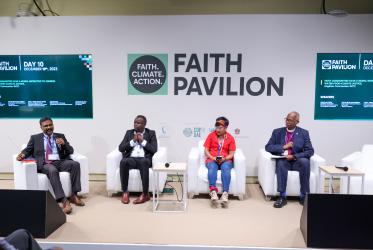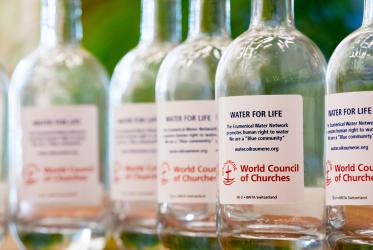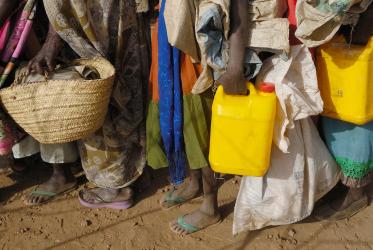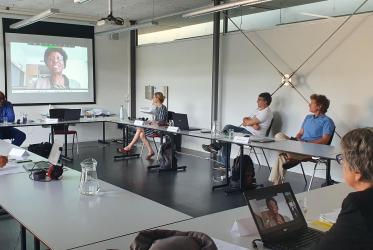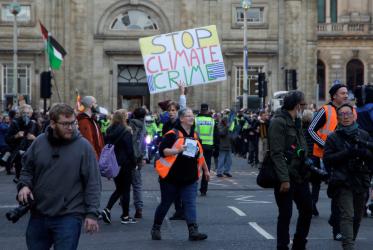Displaying 1 - 20 of 134
WCC joins Blue Communities in urging “Water for Life—Not for Profit”
11 December 2023
Water and sanitation prominent on COP27 agenda
28 November 2022
2022 Social Forum: Water for human rights and sustainable development
03 - 04 November 2022
Palais des Nations in Geneva, Switzerland
WCC’s Ecumenical Water Network attends Pilgrim Team Visit
30 August 2022
Water and justice at the WCC 11th Assembly
20 July 2022

